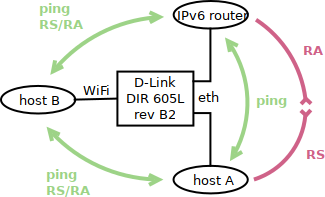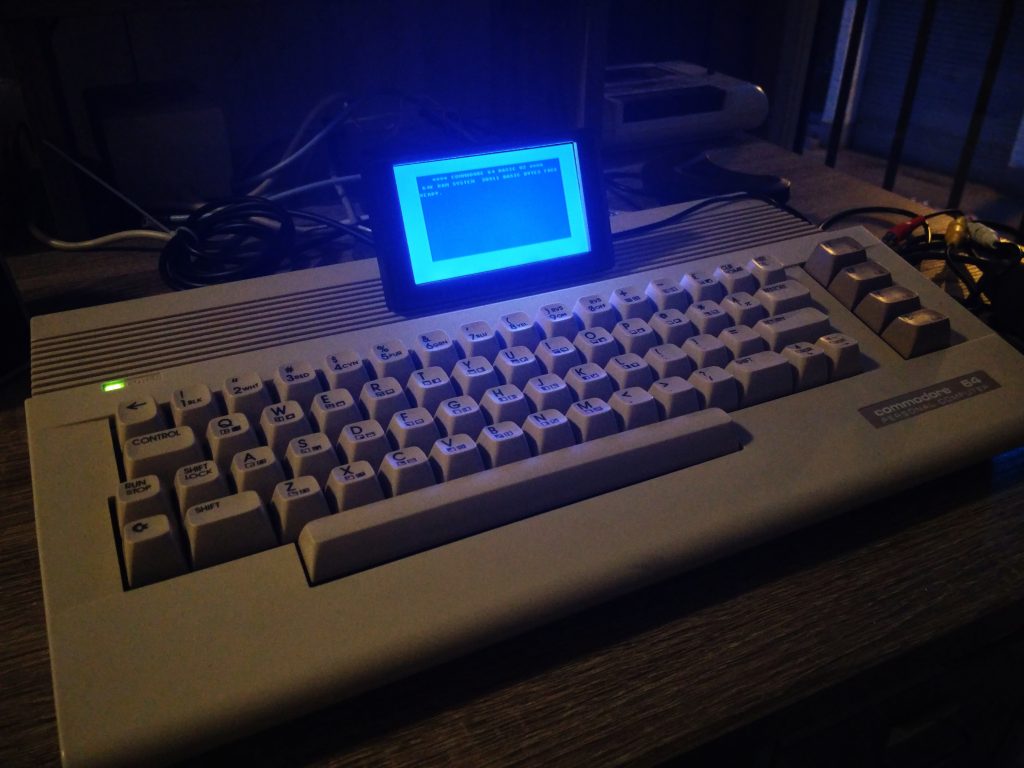Around two years ago I posted about using FreeBSD 10 on the X250. A great deal has happened since then.
It is now possible to use the Intel Broadwell integrated graphic card (among others) under FreeBSD-CURRENT FreeBSD-STABLE! Also if I’m right, this will be integrated in FreeBSD 11.2-RELEASE. What a great day it is for FreeBSD on the desktop. I bet FreeBSD 12 will be truly great!
Note that it works much better on STABLE now than CURRENT because CURRENT is -well- not that stable…
So if you want to try this now, what you first need to do is to upgrade to the STABLE branch. For this you need to fetch the source, buildworld, buildkernel and installworld. Here is a very quick tuto (that you may need to adapt though). You can also find this here.
# Don't forget to upgrade RELEASE
# in any case that there were any bugs in the building tools.
freebsd-update fetch
freebsd-update install
reboot
freebsd-update install
# Replace the current source tree with STABLE.
mv /usr/src /usr/src-RELEASE
svn checkout svn://svn.freebsd.org/base/stable/11 /usr/src
# Build! Build! Build!
cd /usr/src
make buildworld -j4
# Customize (while you are at it) and build STABLE kernel.
cd /usr/src/sys/amd64/conf
cp GENERIC {YOUR-CONF}
vim {YOUR-CONF}
cd /usr/src
make buildkernel KERNCONF={YOUR-CONF}
make installkernel KERNCONF={YOUR-CONF}
reboot
# Now it's time to install world over the new kernel.
# In the meantime we also update configuration files
# with mergemaster.
mergemaster -p
cd /usr/src
make installworld
mergemaster -Ui
reboot
Now that your are on the latest STABLE, you can update the ports tree and install drm-next.
# Install ports tree if needed.
portsnap fetch
portsnap extract
# Install drm-next.
cd /usr/ports/graphics/drm-next-kmod
make install clean
Finally you must tell rc.conf to use the new i915 module instead. That is, add in /etc/rc.conf:
kld_list="/boot/modules/i915kms.ko"
Just one final reboot and you are done! Test this with the xorg and mesa-demos ports. Just startx from your user and check /var/log/Xorg.0.log to see if the intel driver was correctly loaded.



